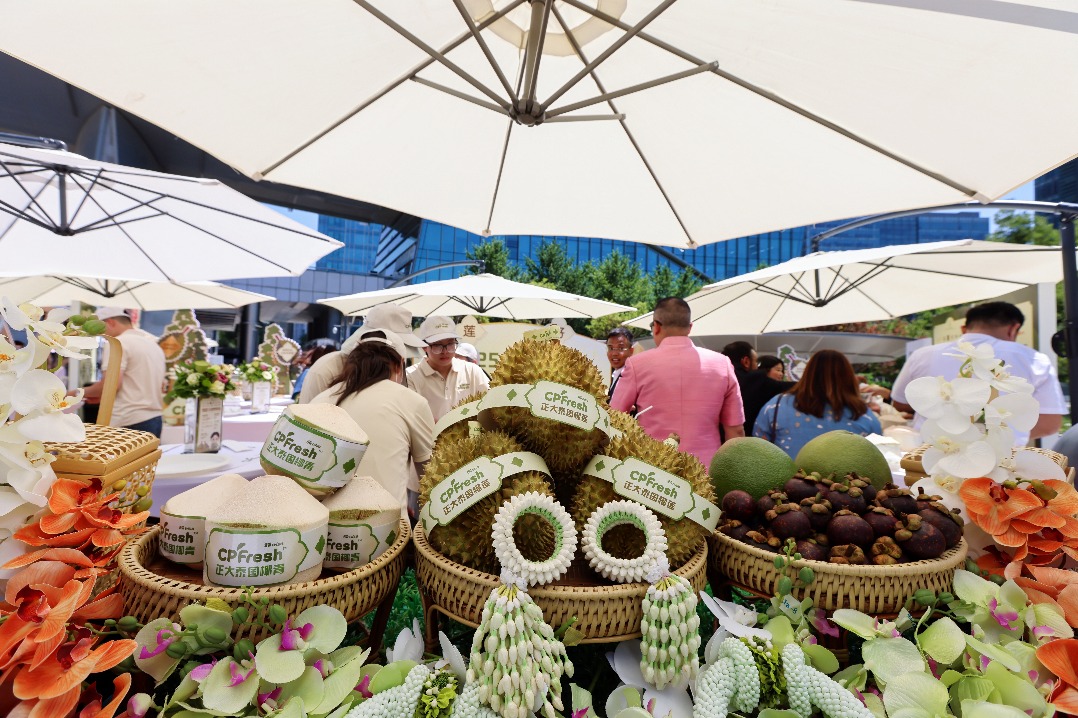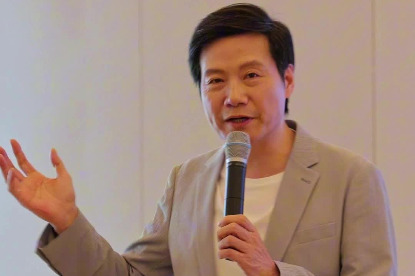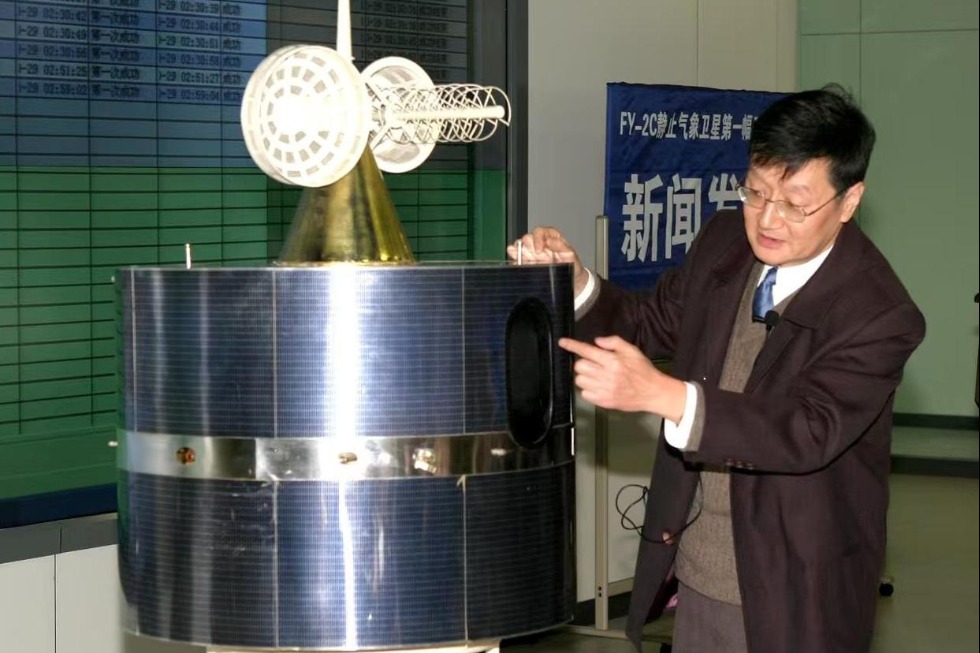Chinese, UK youth collaborate for conservation program

A two-week youth program focusing on blue carbon and coastal wetlands is winning praise from British participants for strengthening international collaboration in marine science and conservation.
The Blue Carbon and Coastal Wetlands Youth Scientific Exchange Program and Sino-UK Culture Exchange Week, currently underway in Hainan province, began on June 17 and features fieldwork in coastal wetlands, lab sessions on marine biodiversity, and cultural activities designed to connect scientific research with public engagement.
Hosted by Hainan University, the program aims to foster long-term partnerships, including joint academic initiatives and co-authored research on blue carbon — an area where China's mangrove and seagrass ecosystems excel at capturing atmospheric carbon dioxide.
Ari Drummond, a doctoral student in marine and biological sciences at the University of Plymouth, said she hopes to help bring more British students to Hainan in the future.
"I would be very happy to come back and facilitate more students from the UK — whether undergraduates, research assistants or master's students — to experience even short courses like this one," Drummond said.
She noted that while the United Kingdom offers a wide range of marine-related programs, including a new technical diving master's degree launching this year, international exchange is key.
"Collaboration must go both ways," she said. "Chinese students can also come to Plymouth to exchange knowledge."
Drummond stressed that scientific progress hinges on global communication.
"Data collection alone isn't enough — you have to share findings with the world, not just within small circles," she said.
The program's integration of science and culture also impressed participants. Students took part in ocean-themed ceramics workshops, crafting pottery shaped like starfish and crabs, and learned traditional Chinese methods of marine specimen preservation.
"Science isn't just about research — it's also about art and expression," Drummond said. "Preserving a crab the Hainan way was completely new to me. In the UK or US, we typically use alcohol solutions. Here, they clean, position and air-dry specimens. It's a skill I can now share with others."
Harry Clarke, a master's student in marine conservation at the University of Plymouth, highlighted the program's relevance to the UK's "30 by 30" initiative, which aims to protect 30 percent of the world's oceans by 2030.
"The UK manages extensive ocean territories and is actively working toward this target," Clarke said. "But unilateral action isn't enough. Programs like this — where Chinese and British researchers and youth exchange techniques and perspectives — are essential."
Clarke, a repeat visitor to China, encouraged more people to come see China's conservation efforts firsthand.
"I always tell friends how much I value these exchanges," he said. "Hainan's passion for marine protection is inspiring, and there's tremendous potential for joint projects."
Shen Yijun, dean of the School of Marine Sciences and Engineering at Hainan University, said the 21 British participants and their Chinese counterparts developed a shared understanding during the exchange.
"Through this program, both sides recognized that ocean conservation is a universal responsibility," Shen said. "China's long coastline gives it unique advantages in blue carbon research, with diverse marine ecosystems offering rich study opportunities."
Drummond said the experience reinforced the interconnected nature of marine science.
"Research doesn't exist in isolation," she said. "When we paint marine life or teach preservation techniques to local communities, we're making science accessible. That's how real change happens."
As global climate agreements place greater emphasis on ocean-based solutions, exchanges like this one could help align China-UK efforts.
"The sea belongs to all humanity," Shen said. "Protecting it requires exactly this kind of cross-border dialogue."
- Chinese, UK youth collaborate for conservation program
- China moves to tackle unfair competition in cyberspace with legal revision
- Nanjing pharma company develops anti-insomnia drug
- Coast guard conducts patrols near Jinmen amid fishing moratorium
- Mainland slams Lai's remarks as separatist, provocative
- Reproductive experts discuss applications on AI in gynecology





































